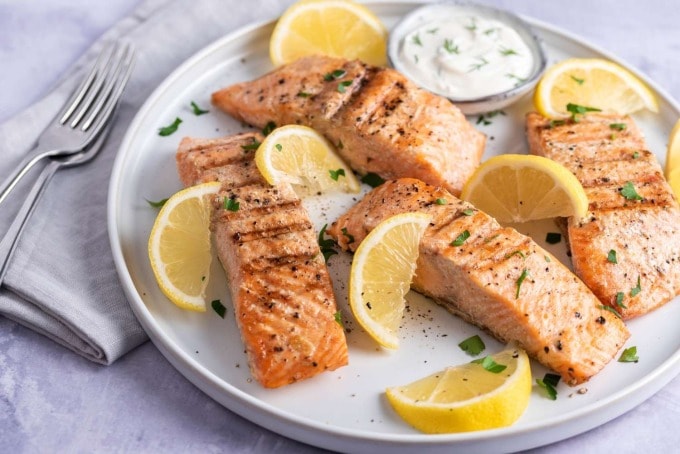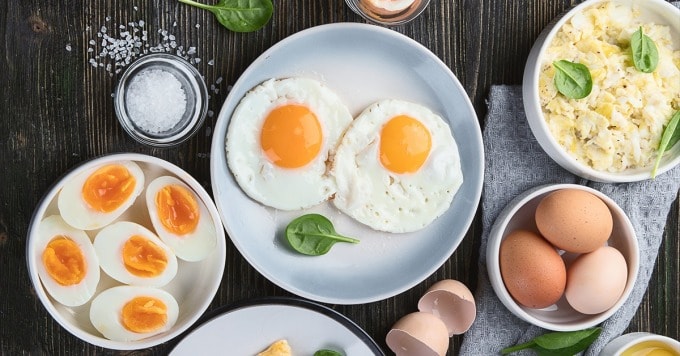Supplementing collagen through diet will help delay aging and increase collagen production in the body.

Collagen from animals
The skin, bladder, and cartilage of deep-sea fish are rich in collagen, which has a small molecular structure and is easily absorbed by the human body. In addition, marine fish are generally rich in protein, which can promote skin metabolism.
Jellyfish are also rich in collagen and are used to extract collagen for use in functional foods. Pork feet and chicken feet will also release collagen after cooking, and regular consumption also helps increase skin elasticity.
Vegetables and fruits containing vitamin C
Citrus fruits, strawberries, guava... are all rich in vitamin C, which is an important coenzyme for collagen production and can promote collagen synthesis.
In addition, bell peppers and green leafy vegetables are rich in vitamin C, an antioxidant that helps fight free radical damage and protect the body's collagen structure.
Foods rich in essential amino acids and protein

Eggs and lean meats can provide the amino acids needed for collagen synthesis. Soybeans contain plant protein and isoflavones. Nuts provide zinc and copper, which support the stability of collagen structure.
Foods rich in omega-3 fatty acids
Foods rich in omega-3 fatty acids help maintain the integrity of skin cell membranes and slow down the rate of collagen loss in the body due to age. Foods rich in omega include sea fish, fatty fish such as salmon, tuna, herring... Omega-3 also exists in plants, most abundantly in seeds such as flax seeds, sesame seeds, almonds, avocados...
Aging is a natural law that no one can avoid, but establishing a balanced diet and regular living habits can completely delay and slow down the aging process as well as maintain health, preserve fresh, vibrant skin.